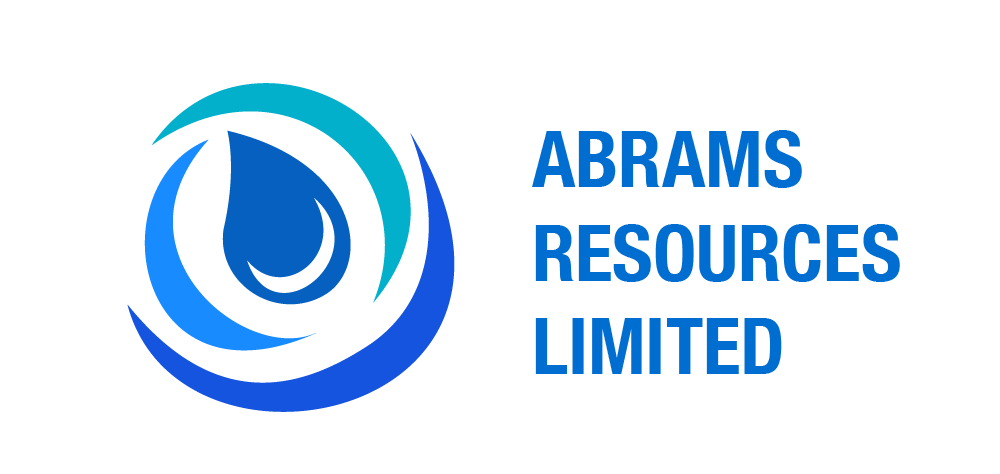Why Should Kenyan Businesses Invest In Social Media Listening And Monitoring?

In the digital age, businesses in Kenya are increasingly realizing the transformative power of social media. Yet, while many companies have embraced social media platforms for marketing and engagement, fewer have tapped into the full potential of social media listening and monitoring. This crucial practice goes beyond simply having an online presence. It’s about gaining valuable insights, tracking conversations, and making data-driven decisions that can shape a company’s future.
The Pulse of Public Opinion
Social media has become the town square for modern discussions. Whether it’s a trending topic on Twitter or a viral post on Facebook, millions of conversations happen in real time across these platforms. For businesses in Kenya, social media listening and monitoring allow them to gauge public opinion instantly.
Through social media listening, businesses can track what people are saying about their products, services, and overall brand. This insight helps companies understand customer sentiment, identify emerging trends, and proactively respond to both praise and criticism. It’s not just about knowing what’s trending, but knowing why it’s trending.
For instance, a leading Kenyan supermarket chain might discover that a certain product is gaining unexpected popularity, providing an opportunity to amplify marketing efforts or ramp up supply. Conversely, if a wave of negative feedback about customer service is brewing, early detection can help mitigate a potential PR crisis before it escalates.
Strengthening Customer Relationships
Kenyan consumers, much like their global counterparts, want to feel heard. One of the most effective ways to build a loyal customer base is by responding to their needs, and social media monitoring enables businesses to do just that.
By tracking brand mentions, companies can identify when customers are discussing their products—even if they aren’t directly tagging the business. This offers an opportunity to step into conversations, offer support, or show appreciation. In an era where customer experience is the new battleground for competitive advantage, being quick to respond to queries or concerns on social media can create a lasting positive impression. Imagine a local startup responding to a customer’s question about product availability within minutes—it’s this kind of attentiveness that earns brand loyalty.
Crisis Management and Reputation Control
Negative sentiment on social media can spread like wildfire, often catching businesses off guard. A dissatisfied customer’s post can easily go viral, influencing the perception of thousands, if not millions. In Kenya, where internet penetration is steadily increasing, the ability to monitor and control brand reputation is becoming more critical.
Take the case of a Kenyan hotel that experiences a series of bad reviews on platforms like Instagram or Facebook. Without social media monitoring, the brand might not notice the growing dissatisfaction until it’s too late, damaging its reputation. However, with proper monitoring tools in place, the hotel could immediately respond to the feedback, offer solutions, and show a genuine commitment to improving the customer experience—potentially turning a negative situation into a positive brand story.
Competitor Analysis
One of the most underrated aspects of social media listening and monitoring is the ability to conduct competitor analysis. By observing what competitors are doing right (and wrong), Kenyan businesses can adapt their strategies accordingly.
For example, a telecommunications company might notice that a competitor’s new service offering is receiving a high volume of engagement on social media. This insight can inform the company’s own product development or marketing strategy, either by capitalizing on gaps left by competitors or by learning from their successes.
Moreover, monitoring competitors’ missteps can help Kenyan businesses avoid similar pitfalls. If a competitor is facing backlash for poor customer service, businesses can assess their own practices and make necessary improvements before customers even have the chance to complain.
Market Insights and Trend Forecasting
Social media is a treasure trove of data, and Kenyan businesses can harness this information to forecast trends and make informed decisions. From popular hashtags to customer reviews, the digital landscape offers clues about where the market is heading.
For instance, a Kenyan clothing brand could monitor conversations surrounding fashion trends. If animal print is gaining popularity in local and global markets, the brand can quickly adapt its offerings to match consumer demand. In this way, businesses that actively listen to social media not only stay ahead of trends but can also innovate their product lines to meet customer needs.
Measuring Campaign Effectiveness
Many businesses invest in social media advertising, but without proper listening and monitoring, it’s impossible to determine the true impact of these campaigns. Are people talking about your latest product launch? What are they saying? By analyzing the engagement, Kenyan companies can determine what’s working and what’s not, tweaking future campaigns for maximum effectiveness.
Additionally, the ability to monitor brand mentions, hashtags, and even competitors’ campaigns provides invaluable insights into how a brand is perceived compared to its rivals. The beauty of social media monitoring is that it’s real-time, allowing businesses to pivot quickly when necessary.
Enhancing Innovation and Product Development
Listening to what people are saying about your products on social media can be the key to unlocking innovation and new product development. Often, customers will voice their needs and wants on platforms like Twitter or Instagram, discussing what they like or what’s missing. For Kenyan businesses that listen, this feedback becomes a goldmine for developing new features or products that truly resonate with their target audience.
For example, a food delivery company in Nairobi may notice customers discussing the lack of vegetarian options. Armed with this insight, the company can adjust its menu offerings to better serve this customer segment, leading to increased customer satisfaction and higher sales.
Cost-Efficient Market Research
Traditionally, market research required costly surveys, focus groups, and time-consuming data collection methods. However, social media listening offers a more cost-effective solution. With the right tools, businesses can access a constant stream of real-time data that reveals customer preferences, emerging trends, and industry shifts.
For startups and SMEs, in particular, this is a game-changer. Instead of pouring money into traditional research methods, they can gain critical insights directly from their target audience through social media platforms.
Recent Comments
Archives
Categories
Author
Recent Posts

Why Kenyan Organizations Should Invest More In Communication Strategies
September 16, 2024

